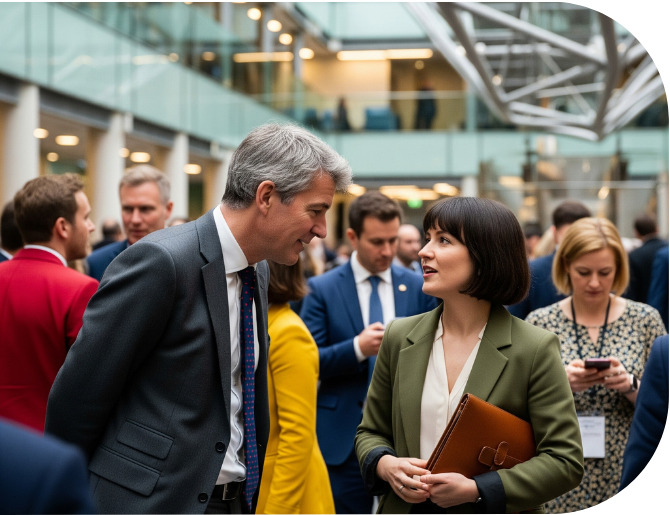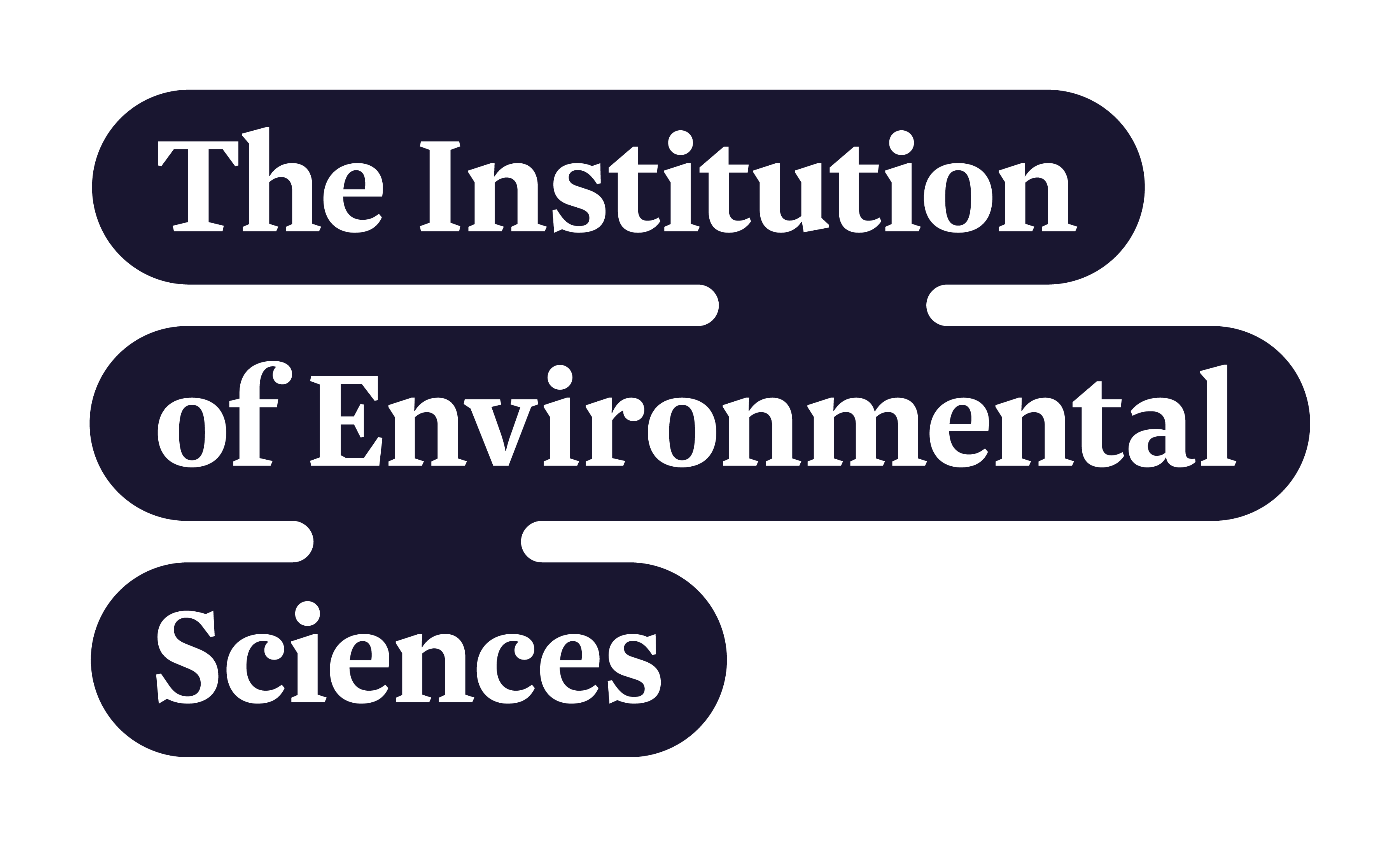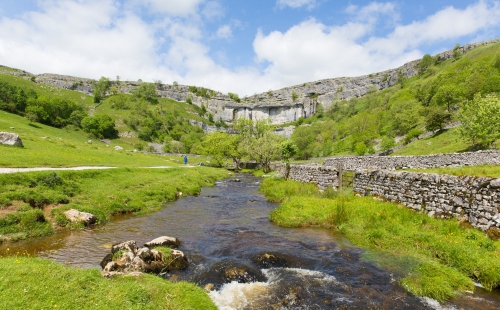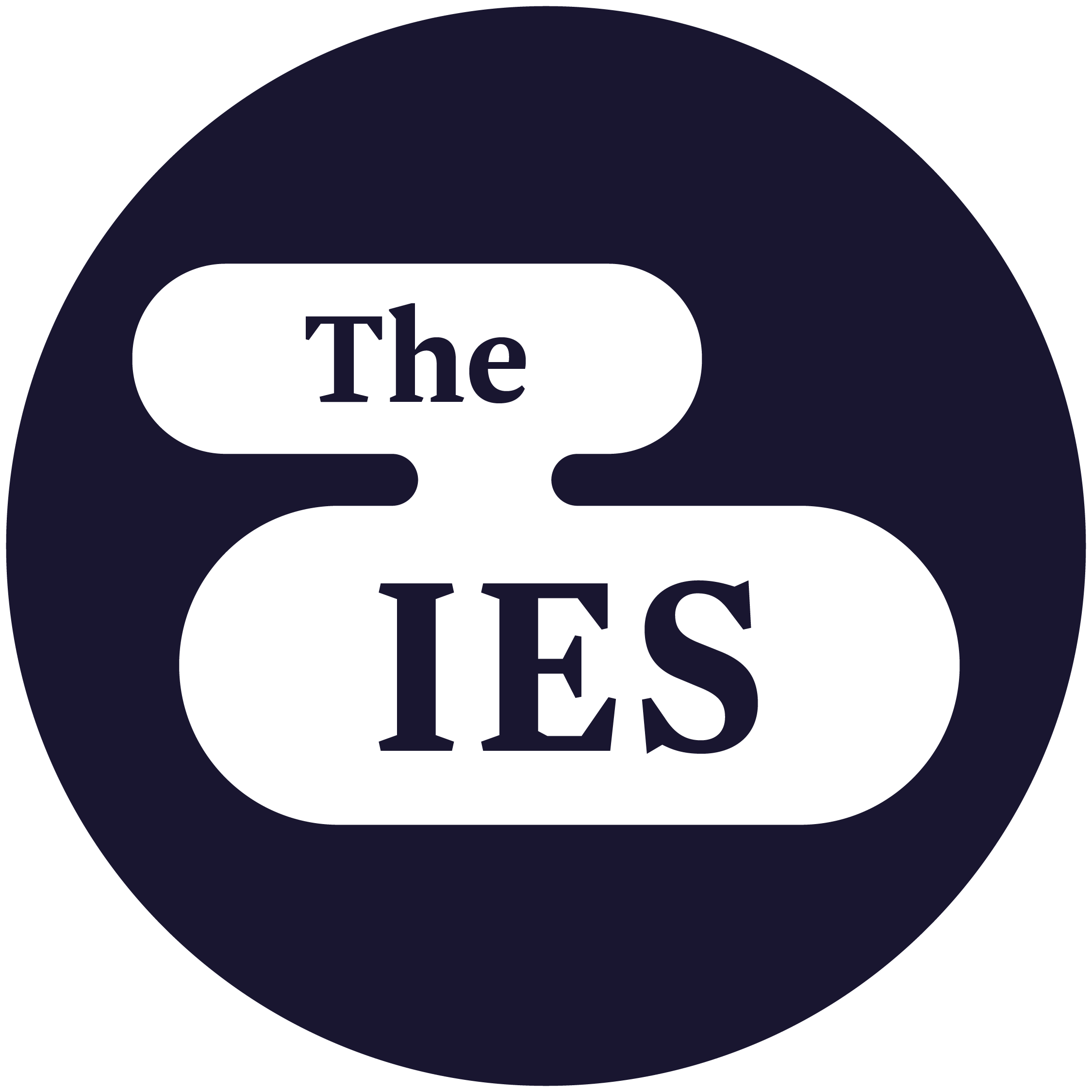Policy
Influencing evidence-informed, transformative change

Encouraging evidence based change
Today, there is an environmental dimension to every debate – and our thousands of members are embedded in every scientific field at the heart of global, evidence-based solutions.
Our strong ties with academia, government and the professions mean we’re in a unique position to influence evidence-based, transformative change.
Recent policy responses
Policy Reports
FAQs
The IES maintains strong relationships with policy makers, including parliamentarians and government departments. To support our engagement, we produce policy reports, briefings, and guidance. Once our thought leadership has helped to influence policy agendas, we continue to engage with policy consultations and by supporting delivery through our Environmental Policy Implementation Community.
Our policy influence is backed by robust horizon scanning on emerging science and policy developments, as well as our work to build connections across the sector, working with our members and other organisations as part of networks such as the Science Council and the Society for the Environment to represent the voice of the sector. The IES also provides expert perspectives in the media, and we are a UNFCCC admitted observer NGO.
Read our summary of IES policy activities for more information.
The IES brings a strong scientific and evidence-based perspective to addressing environmental challenges, but we focus on more than just the technical aspects of policy.
We take an integrated and solutions-led approach to policy change: from influence to implementation. Our approach is informed by systems thinking, with the goal of achieving transformative change towards a sustainable society. IES members are at the heart of how our policy programme is designed and delivered. They inform our horizon scanning, contribute to our thought-leading policy positions and reports, and actively engage as agents of change with the support of our policy training and briefings.
Our activities for the year are determined by the IES External Policy Advisory Committee, which includes members from different fields, IES trustees and Vice Presidents, and external stakeholders. The committee also feeds into our work, ensuring perspectives from different disciplines and connecting our work to the wider environmental science community.
A core pillar of our policy work is giving IES members the skills they need to support the transition to a more sustainable society and to be advocates for their own expertise.
We achieve this by informing members of policy developments so that they know where their expertise and interests interact with policy, and by providing resources and training to develop their skills as change agents and policy experts, so that they know how and when to engage effectively.
Our policy training is provided on a regular basis, both as an ‘on demand’ service and through periodic group workshops. It incorporates practical advice, case studies, and academic theories to support the development of the skills needed to engage effectively.
If you have any suggestions for our policy work or any questions about policy developments, please contact Joseph Lewis, Head of Policy (joseph@the-ies.org).
When we respond to consultations, we always put together an interdisciplinary group of members and stakeholders to share their views. Regardless of your experience with policy, we always want to hear from members who have a perspective on ongoing consultations. You can keep up to date with consultations and other policy developments with our policy bulletin, Essential Environment, which is automatically sent to all IES members.
The easiest way to get involved in responding to policy is to join one of the IES Communities, which we consult whenever we are dealing with relevant topics. In particular, our Environmental Policy Implementation Community brings together members from across the environmental sciences to share their experiences and call for ambitious and deliverable policy.
Our Partners
The IES Policy Team works with other organisations to further our mission and is affiliated with several international groups and networks:
- UNFCCC: We are an accredited observer NGO to the UN Framework Convention on Climate Change and send delegates to annual COPs.
- IPBES: The IES has been approved as an accredited observer for the 12th plenary session of IPBES.
- ISO: The IES is a liaison to ISO/TC 207/SC 7 and sends members as representatives to relevant ISO working groups.

















